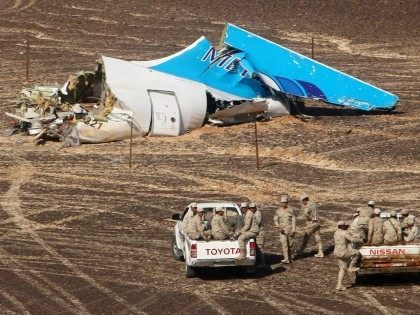Russian Private Jet Believed to Have Crashed over Rural Afghanistan
A Russian private jet carrying six people is believed to have crashed in a remote area of rural Afghanistan.
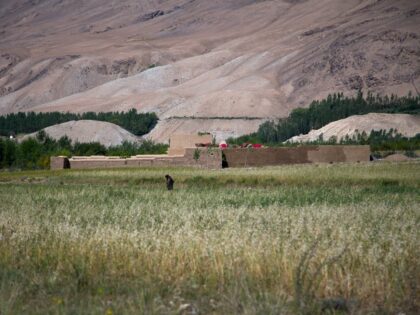
A Russian private jet carrying six people is believed to have crashed in a remote area of rural Afghanistan.

Environmental concerns, along with worry about the fortunes of Syrian civilians after ISIS is gone, kept the Obama administration from striking Islamic State oil targets, claims former CIA director Michael Morell.
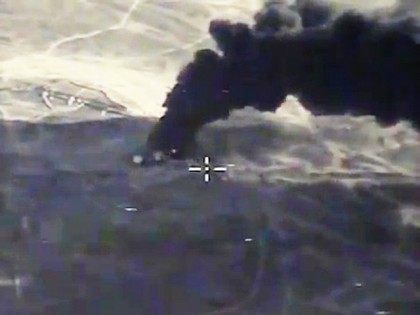
When investigators concluded that Russia’s Metrojet airliner was blown out of the Egyptian sky by a bomb smuggled through lax airport security in Sharm el-Sheikh, the Department of Homeland Security expressed concerns that American airports might also be vulnerable.
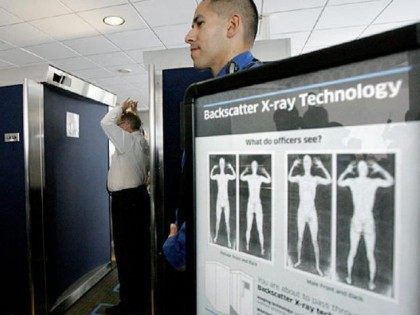
The new issue of the Islamic State’s magazine Dabiq contains alleged photos of the bomb that destroyed a Russian Metrojet airliner over Egypt on October 31, killing all 224 people on board.

The Russians have been saying they would not jump to conclusions about the nature of the Metrojet crash in Egypt until a lengthy investigation was concluded but, on Tuesday, Russian security officials suddenly declared the plane was indeed destroyed by a terrorist attack. There have also been reports of police detaining or arresting airport workers, although the Egyptian government has disputed those accounts.
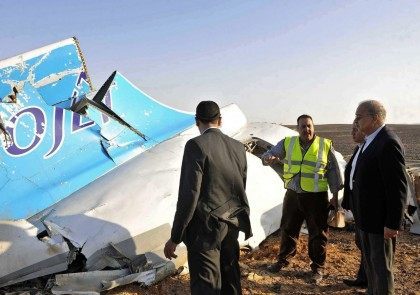
Russian President Vladimir Putin told journalists at the G-20 summit in Turkey that funding for ISIS comes from 40 different nations, including members of the Group of 20.

The uneasy situation in Egypt escalated again on Friday morning, as Reuters reports the Russians have banned EgyptAir, the state-run Egyptian airline, from flying into their country.

Mounting suspicion that a Russian Metrojet airliner was destroyed over Egypt by a terrorist bomb, planted by an ISIS “inside man” at the airport, has led to concerns by the U.S. Department of Homeland Security over possible security flaws at American airports.

While American officials discuss terrorist bombing scenarios as a “possibility” for the crash of a Russian jetliner over Egypt on October 31, and President Obama has used that word in his public comments so far, CNN reports intelligence agencies are increasingly confident of this diagnosis. One official, speaking off the record, said it was “99.9 percent certain” that a terrorist bomb brought the plane down.
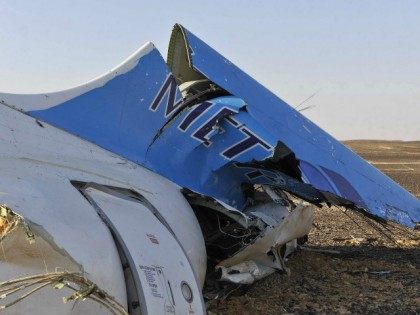
It has been said that one reason American and British intelligence agencies suspect an ISIS bomb brought down a Russian Metrojet airliner over Egypt is that elevated “chatter” about the incident between ISIS militants was detected online. On Monday, U.S. intelligence officials told ABC News these intercepts “indicated that ISIS was in communication with someone at the airport.”
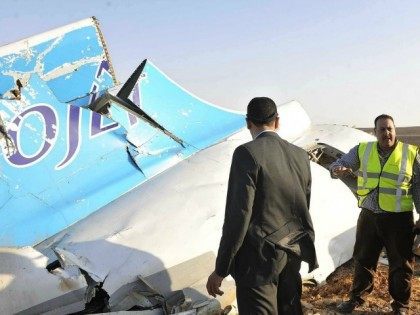
Soon after the Russians appeared to begin taking the possibility of terrorism in the Metrojet crash more seriously, placing restrictions on flights into Egypt, Egyptian authorities conceded that a bomb was the most plausible explanation for the crash.
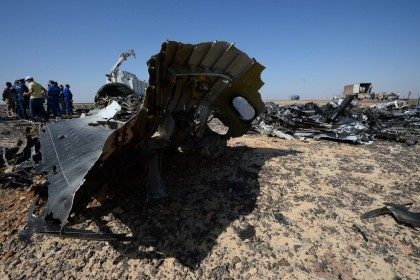
One of the reasons American and British intelligence agencies suspect an ISIS-linked terrorist attack brought down the Russian Metrojet passenger plane over Egypt is the volume of online chatter between ISIS militants, who appear genuinely convinced their operatives bombed the plane. The Internet has proven useful for spreading both claims of such foul deeds and the knowledge needed to perpetrate them.
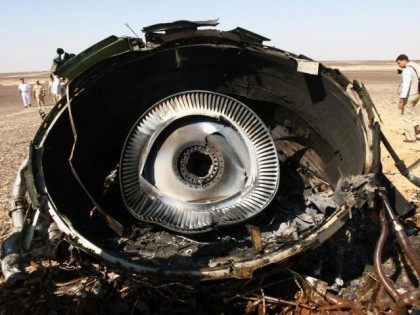
Russia has suspended all flights to Egypt, with President Vladimir Putin accepting a security recommendation from his Federal Security Bureau (FSB).

Russia and Egypt are disputing suggestions from American and British intelligence that a bomb, planted by ISIS or an affiliated group, brought down a Russian jetliner over the Sinai Peninsula.
